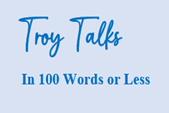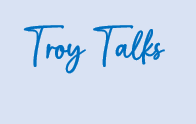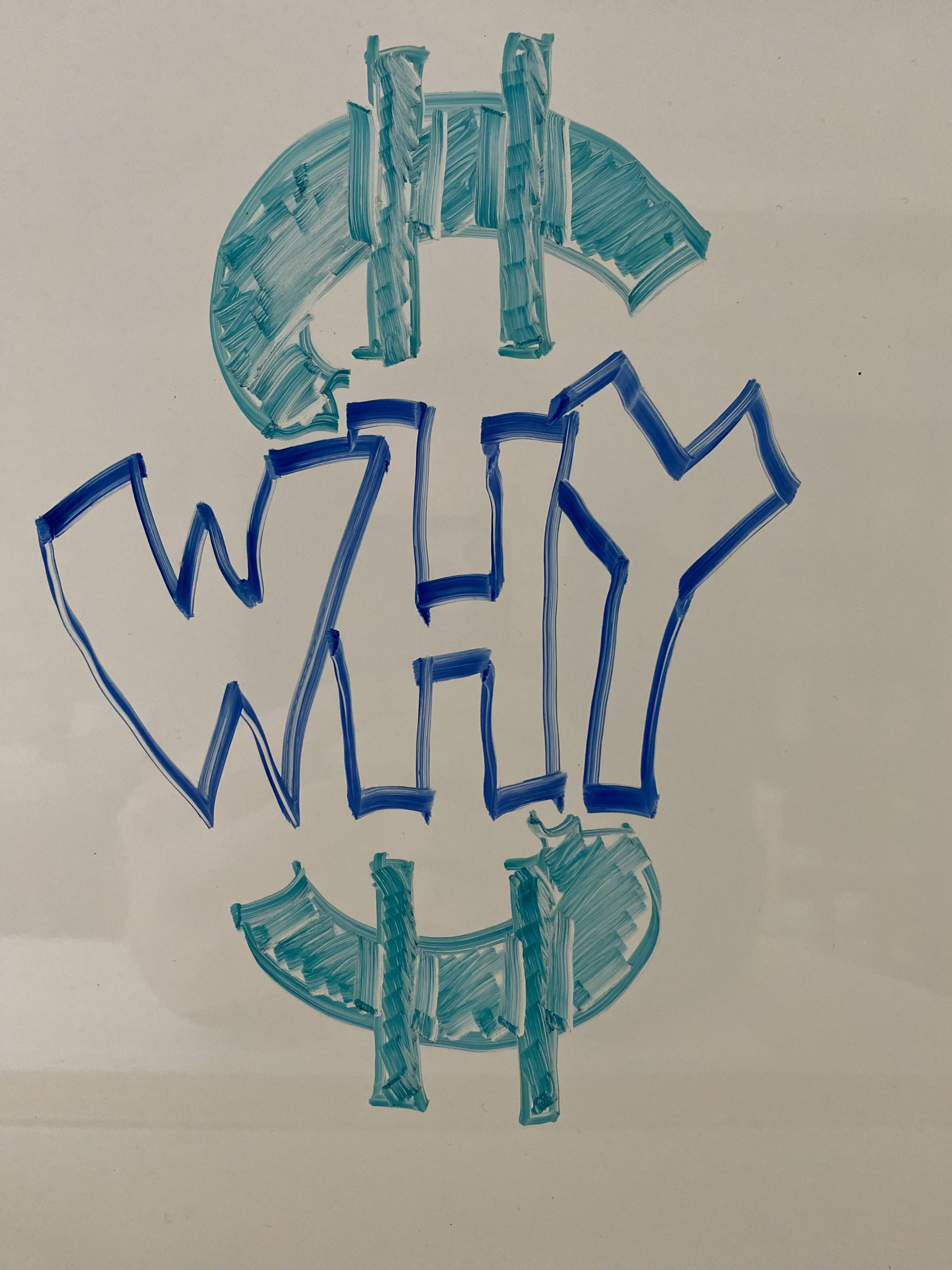You Don’t Have to Create Perfect
Creative work is important for leaders. This encompasses everything from innovating new offerings and business models to crafting a new process or marketing campaign. There is pressure with this work to “get it right” the first time. However, final-form solutions are rarely the result of the first draft. Innovation involves drafting and re-drafting. This is […] Read More
When to Say No to Good Opportunities
Most organizations rarely experience a shortage of good opportunities. What is not rare, though, is a shortage of attention span, time, and resources. Despite these limitations, leaders hesitate to keep resources focused on developing the opportunities already in process and say NO to new opportunities. We get excited and over-value potential returns of the new […] Read More
The Power of Hope
Leaders of renown have used one ability to great effect – instilling hope. Hope is a powerful agent of perseverance and improvement which stems from holding up an inspiring vision. God designed humans with the unique ability to hope for something better in the physical and spiritual future – a better future pulls us through […] Read More
Knowing your “WHY” is like igniting a rocket engine inside your finances
“If you know and live within your “why”, it is easier to say “no” to things that don’t fit and to live within your budget.” -Trent D. Schrock First, what is a WHY? And why is it so important? Everyone has a “WHY”, a central belief, a main motivation, a raison d’etre. Our “Why” acts […] Read More


